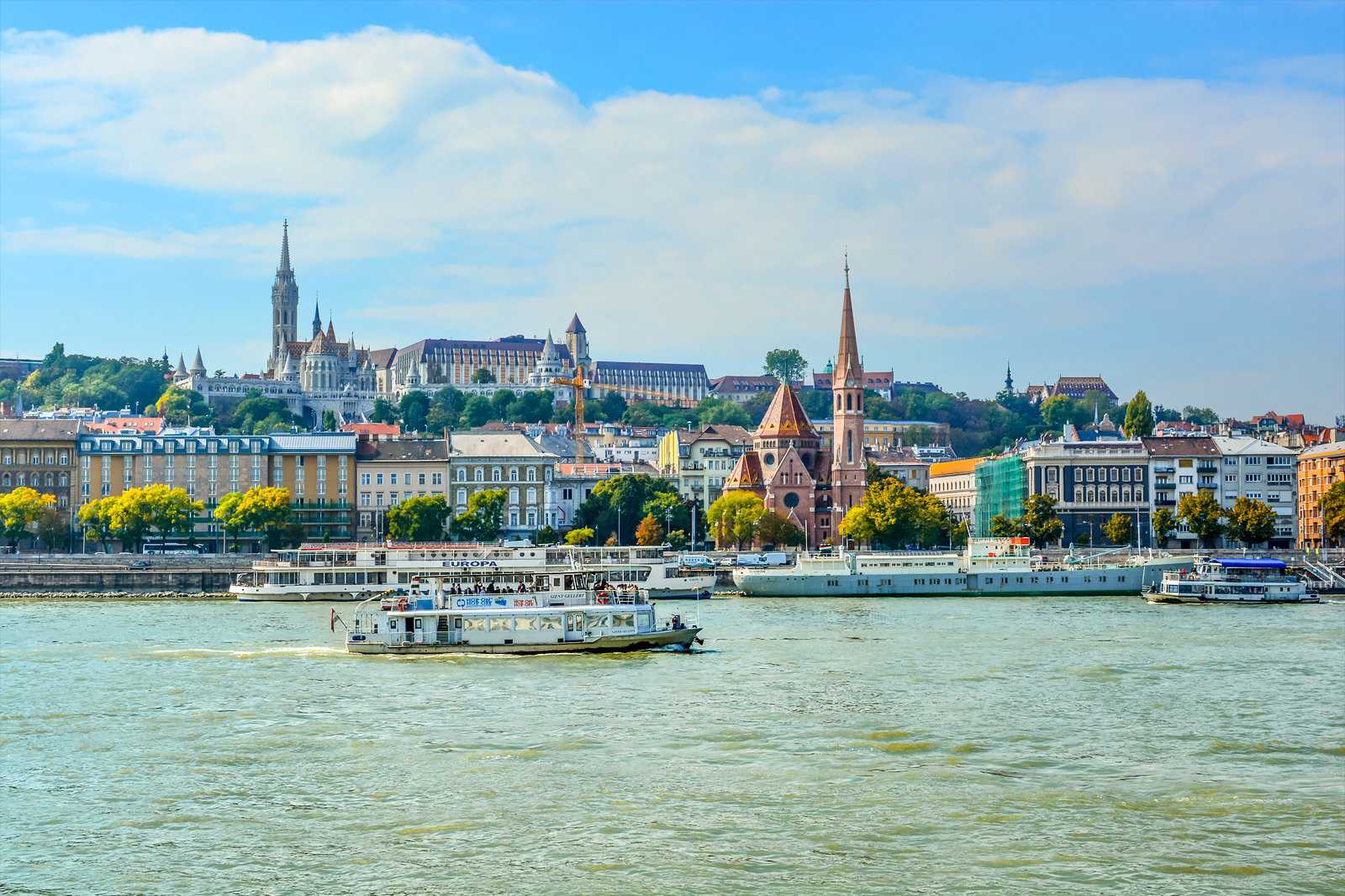Our Budapest Travel Essentials lays out the essential information you need to help planning your trip to the capital city of Hungary. No matter how frequently you travel, some questions will always need answers: What’s the weather like? How can I get from the airport to my hotel? What currency and type of plug do I need? We have all these answers plus other basic info about the best time to go, getting there, getting around, and a few useful travel tips.
It’s all compiled in this Budapest Travel Essentials. After reading this short and easy-to-read guide, you will be a little more prepared to start your trip in Budapest.
When is the best time to travel to Budapest?

Budapest has a humid continental climate, with average temperatures ranging from 0°C in winter to 22°C in summer.
- Rain is evenly distributed throughout the year, with an average of 7 rainy days per month.
- Snowfall can be expected between November and March.
- June–August is the most popular time to visit Budapest. It’s the peak season, so hotel and flight prices rise accordingly.
- April–May and September–October are great times to visit Budapest. The weather and temperatures are mild, you’ll avoid the summer crowds, and hotel and flight prices are lower.
Budapest basics

- Languages:
Primary: Hungarian
English is widely spoken in Budapest, especially in the tourism industry - Plug types: C and E
- Electricity: 230 V
- Currency: Hungarian forint (Ft)
- International dialling codes: +36 1
- Emergency telephone number: 112
- Languages:
Potrebbero interessarti anche queste attività
- 10 Best Things to Do in Budapest
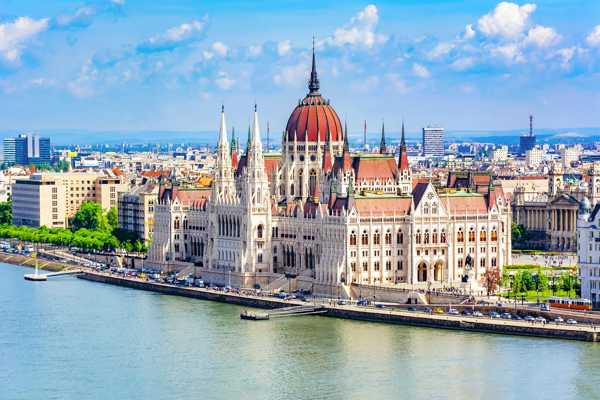
10 Best Things to Do in Budapest
Hungary - 10 Best Things to Do for Couples in Budapest

10 Best Things to Do for Couples in Budapest
Hungary - 10 Great Restaurants in Budapest
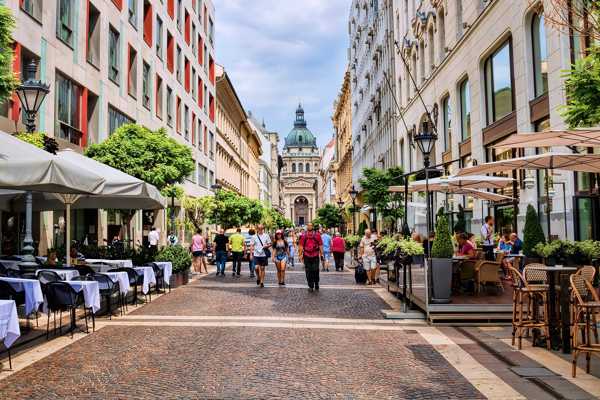
10 Great Restaurants in Budapest
Hungary
How to get to my hotel in Budapest?

Budapest Ferenc Liszt International Airport
Named after one of the most famous Hungarian composers, Budapest Ferenc Liszt International Airport is the primary airport serving the capital city of Hungary. One of the busiest and largest airports in the country, it sits 17 km east-southeast of Budapest city centre. It features 2 passenger terminals, a central waiting area called the Sky Court, and 2 runways. In the Sky Court, you’ll find a good range of dining and shopping options, as well as facilities including free Wi-Fi, banking and currency exchange services. There are several transfer options to reach Downtown Budapest:
- A taxicab takes around 20–30 minutes. Fötaxi is the official taxi company operating transfers from Budapest Airport. It’s best to use them as independent taxis are known for overcharging on the ride to the city centre. A Fötaxi booth can be found near the exit.
- Shared shuttle vans take around 25–30 minutes. The shuttle service counters are located on the arrivals level of Budapest Airport.
- Line 100E of the public bus service takes around 40–50 minutes. Bus stops can be found in front of the terminals.
- Bus Line 200E can take you to the Ferihegy railway station, from which you can get to central Budapest in about 30 minutes.
- Car rental agencies can be found on the arrivals level.
If you come by train to Budapest
Budapest Keleti is the main railway station in the capital city of Hungary. Dating back to the end of the 19th century, it sits 2.5 km east of the city centre. It’s served by international and intercity lines. Budapest Keleti is home to a few dining and snacking options. From here, you can reach your hotel by taxi, metro, tram, trolleybus or bus. Night services (from 11pm to 6am) are also available.
Foto di Bjoertvedt (CC BY-SA 4.0) modificata
How to get around Budapest?
Travel tips

Covering roughly 5 sq km, Budapest city centre is compact enough to be explored on foot. You’ll find many landmarks and attractions within walking distance of each other, such as the Hungarian Parliament building, Fisherman's Bastion, and St. Stephen's Basilica, just to name a few. The city centre also hosts a great choice of dining, shopping and nightlife entertainment options. For longer journeys, Budapest has a good choice of public and private transport services.
BKV – Budapest public transport networks

The BKV – the Budapest Transport Privately Held Corporation – is in charge of public transport in Budapest. It operates metro, trolleybus, tram, and bus networks that cover the entire city.
- A single ticket is valid for 80 minutes. Note that trip interruptions and return trips are not permitted.
- Children under 6 travel for free.
- 24-hour and 72-hour travelcards are available.
- Tickets and travelcards are available on buses, at vending machines in metro stations and at newsstands.
Budapest Card

Purchasing a Budapest Card is a good move if you plan to visit the city’s main attractions during a short stay in the capital city of Hungary. Valid for 24, 48 or 72 hours, it gives you free access to places Buda Castle, Lukacs Bath and 6 museums, plus discounts in over 60 participating shops, restaurants and attractions. The Budapest Card also includes unlimited use of public transport within the city.
Taking a taxi

Taxis can be hailed on the street in Budapest, but be careful to only pick registered taxis with yellow plates, name on the doors and an identification badge on the dashboard – it’s required by law. You can easily find cab stands in the city centre, generally outside hotels and near the main attractions.
- You can directly call popular companies such as City Taxi (211 1111), Fötaxi (222 2222) or Budapest Taxi (777 7777).
- Not all taxis accept payment of the fare by credit card, so check with the driver before you get in.
- It’s important to have enough change when taking a taxi in Budapest – notes of 1,000 and 2,000 Ft – as taxi scams are widely reported.
Cycle around Budapest

There are over 200 km of cycle lanes in Budapest. The city has 2 bike-sharing schemes run by Donkey Republic and Mol Bubi. Both of them have docking stations across the city. You just need to download the apps and register accounts to start using them.
Foto di Christo (CC BY-SA 4.0) modificata
What are the main annual events in Budapest?

Sziget Festival
- What: Held on Obuda Island, just north of central Budapest, Sziget is one of the biggest music and art festivals in Europe.
- When: August
- Where: Obuda Island
Vajdahunyad Castle Summer Music Festival
- What: Vajdahunyad Castle Summer Music Festival gives you the opportunity to listen to classical and traditional Hungarian music performed by symphony orchestras in the stunning settings of Vajdahunyad Castle.
- When: July
- Where: Vajdahunyad Castle
Budapest International Circus Festival
- What: Budapest International Circus Festival features world-class artists, jugglers and acrobats. Book ahead and be ready to be amazed.
- When: January
- Where: Capital Circus of Budapest
Foto di Steven Lek (CC BY-SA 4.0) modificata
Questo articolo include opinioni del team editoriale delle Go Guides. Hotels.com retribuisce gli autori per i loro scritti pubblicati su questo sito; i compensi possono includere spese di viaggio o di altro tipo.
Inizia a programmare il tuo viaggio
Dove soggiornare a Budapest

Corinthia Budapest
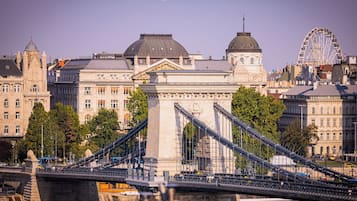
Carlton Hotel Buda Castle

H2 Hotel Budapest
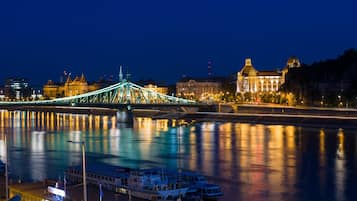
Hotel Vision
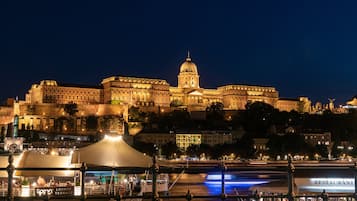
InterContinental Budapest, an IHG Hotel

Continental Hotel Budapest

IntercityHotel Budapest

Hotel Oktogon Haggenmacher

Radisson Hotel Budapest Budapart

Hilton Budapest
Articoli correlati
- 10 Best Things to Do in Budapest

10 Best Things to Do in Budapest
Hungary - 10 Best Things to Do for Couples in Budapest

10 Best Things to Do for Couples in Budapest
Hungary - 10 Great Restaurants in Budapest

10 Great Restaurants in Budapest
Hungary - 10 Best Markets in Budapest
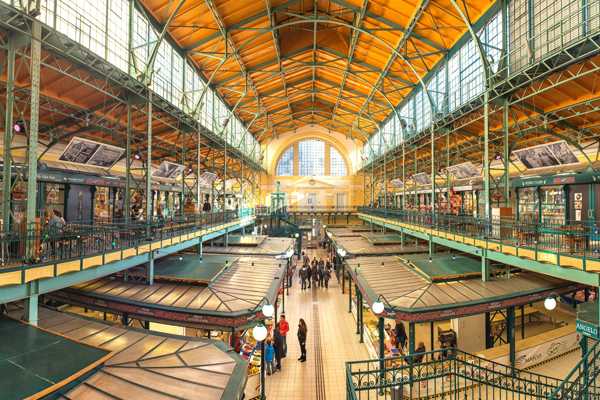
10 Best Markets in Budapest
Hungary - 10 Things to Do in Budapest on a Small Budget

10 Things to Do in Budapest on a Small Budget
Hungary - 7 Things to Do in Budapest with Kids
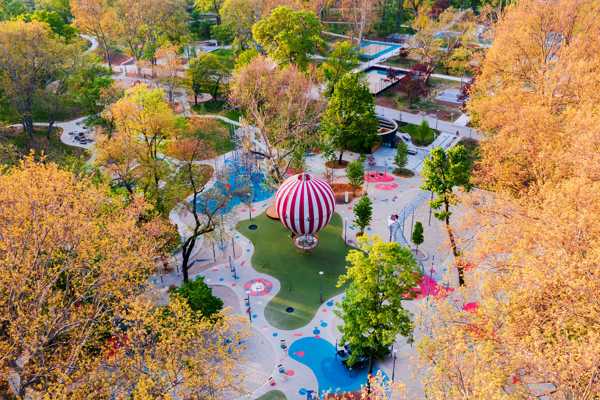
7 Things to Do in Budapest with Kids
Hungary - 10 Best Places to Go Shopping in Budapest
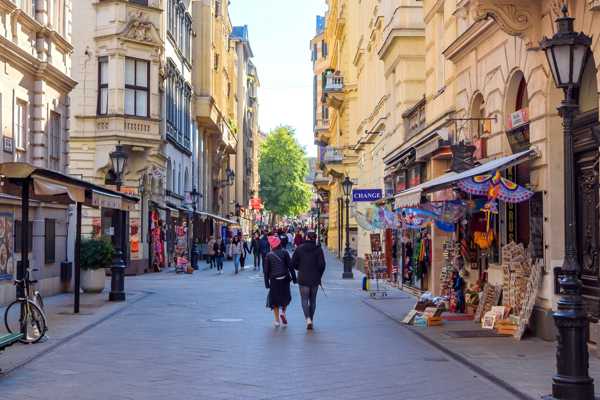
10 Best Places to Go Shopping in Budapest
Hungary - 10 Historic Things to Do in Budapest
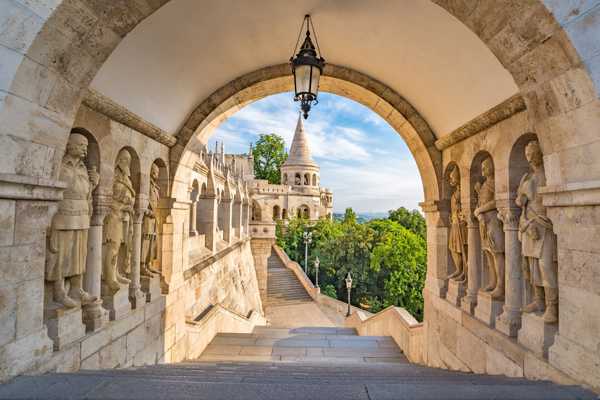
10 Historic Things to Do in Budapest
Hungary
